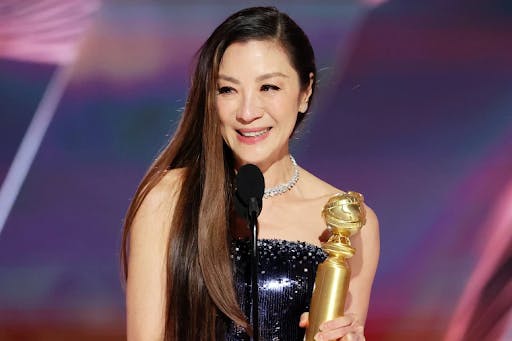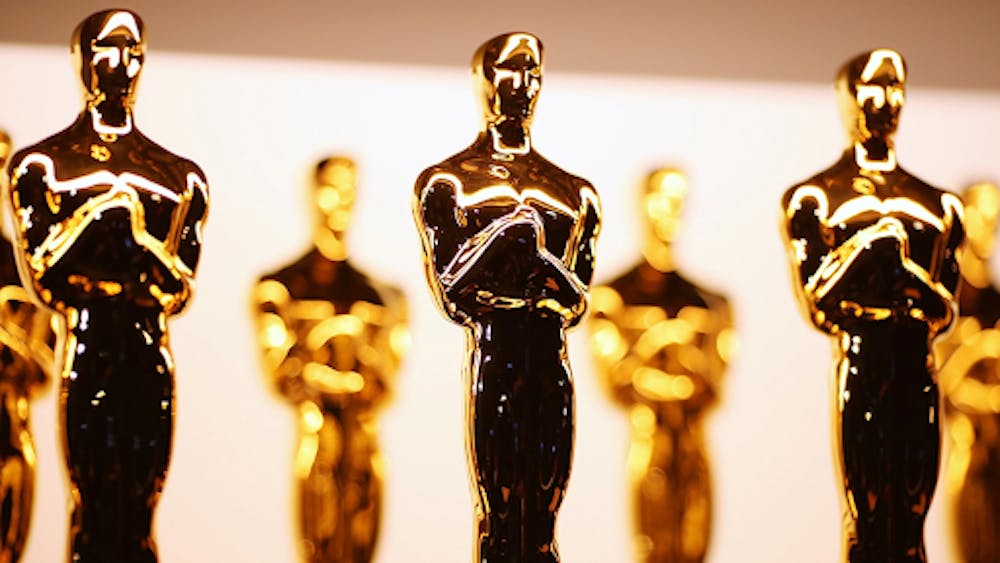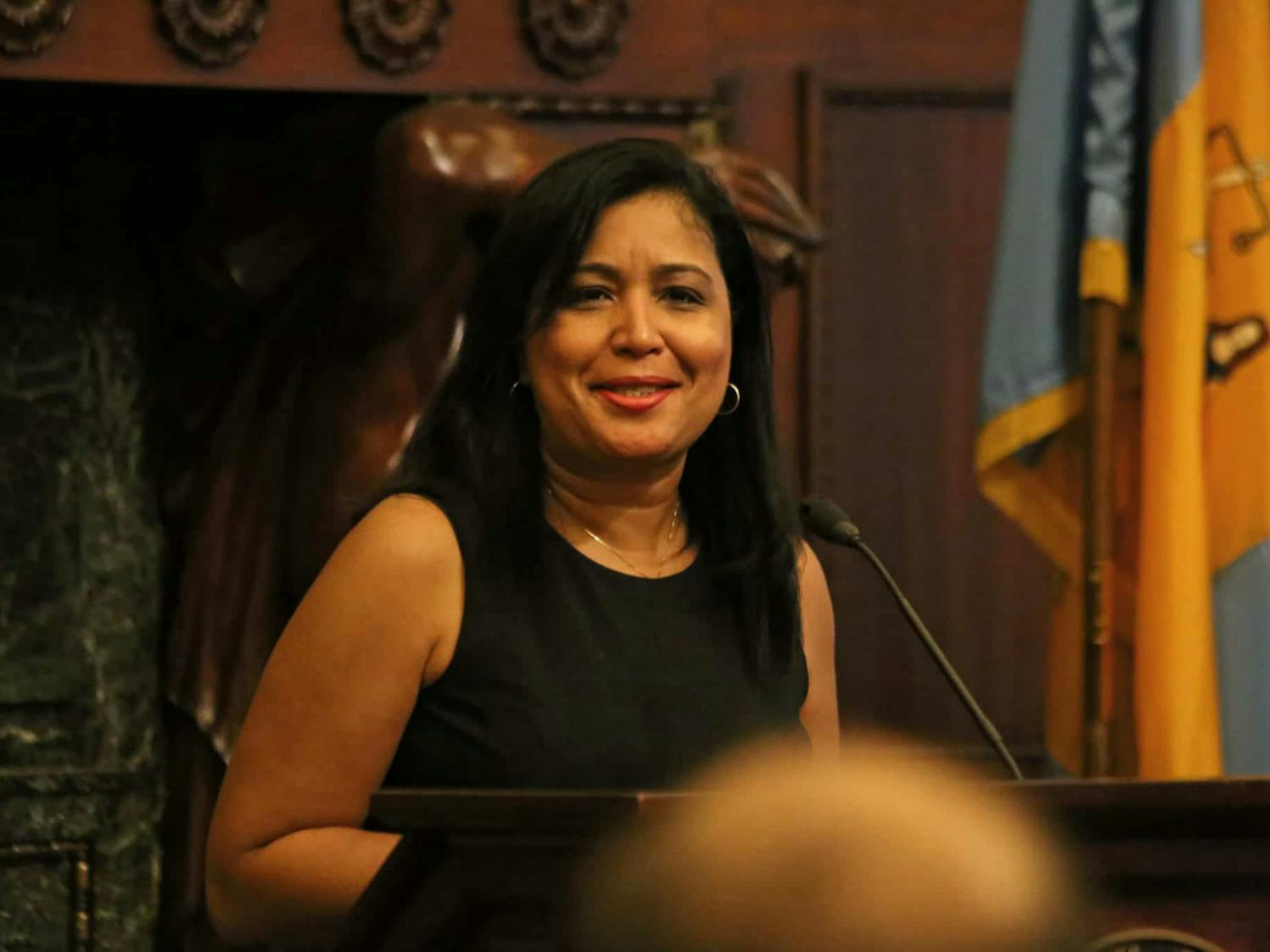On March 12, the biggest names in the film industry will gather together at the Dolby Theatre, praying for their name to be enclosed in a legendary envelope and to receive the 13.5-inch tall, 9-pound gold statue, an Oscar. Considered one of the most iconic and respected awards season events, the Oscars have maintained a reputation for recognizing cinematic brilliance. However, marginalized groups have been excluded from the Oscars for far too long.
In 2016 the Oscars faced national backlash after the social media campaign #OscarSoWhite. This prompted aggressive diversification efforts by the Academy, which doubled its number of female members and tripled its number of people of color. This new voting body led to tastes swinging towards generationally defining and socially propulsive films like Moonlight and Parasite (and whatever you’d like to call Green Book).
But although celebrations of non–white narratives represent changing tastes in storytelling, those trends don’t always apply to the marginalized bodies that occupy those stories. In the Oscars’ lead acting award category, only four men of color have won, and Halle Berry is still the only woman of color to win a leading actress award in 95 years.

Michelle Yeoh accepts Best Actress at the Golden Globes. | Source: Rick Polk NBC
This year, Michelle Yeoh became the first Asian American woman ever to be nominated for a Best Actress award. She was nominated for her role in the hit film, Everything Everywhere All at Once, which tells of a Chinese immigrant mother falling apart and pulling herself back together again. This film has propelled Yeoh to the forefront of the awards conversation, creating a powerful narrative. She will chase "award show glory" through the power of Asian and Asian American cinema which have been far too long dismissed and regulated to the back of the Hollywood ballroom. There’s a bittersweetness to these nominations that Yeoh herself has often mused on: the joy of making progress contrasted with the weight of carrying everyone who has come before you.
Yeoh being at the forefront of the nominations is an incredible achievement but was not the only notable announcement from the Best Actress category. The most surprising was the nomination of British actress Andrea Riseborough.
Riseborough starred in the film To Leslie, a film following an alcoholic mother who wins the lottery and squanders her spoils. The movie only made 27,000 dollars in the box office and remains unheard of to most audiences. The film did not have the money for a traditional campaign but did have an army of support from Hollywood A–listers. Gwyneth Paltrow, Jennifer Aniston, and Kate Winslet all posted adoring paragraphs to social media, held screenings, and even moderated interviews with her.
Although seemingly so, this was no conspiracy. Riseborough is a well-respected industry veteran. She's your favorite actor’s favorite actor. And as it turns out, money isn’t everything if you’re pals with Jennifer Aniston.
But, her nomination came at a price. Many fans and celebrities were enraged at the fact that Danielle Deadwyler (Till) and Viola Davis (The Woman King), two Black actresses, were supposedly guaranteed a nomination, but that guarantee didn’t stick when results were announced. It’s startling to see an absence of Black nominees from an industry that preaches its dedication to racial equality.
Deadwyler and Davis campaigned as much as their white counterparts for nominations— they went to the right dinners, events, and interviews. So does this feel-good narrative about supporting an underground but industry veteran really feel good? And if a Black actress does everything that they are “supposed to do” on the campaign trail and is still turned away in favor of a white actor with well-known friends, can they ever get in? Will this system ever reward Black women?
The Academy has pledged to promote actors of color, however handing out one consolation prize a year to promote “representation” in the industry does not rectify institutional desires to favor whiteness. Will there ever be true representation in the Oscars? Hollywood will answer the question for us on March 12. Michelle Yeoh puts it best: “Please friggin give me the Oscar, man.”
Enjoy what you're reading?
Signup for our newsletter
Post Oscars Update:
March 12 was a big night for representation as Everything Everywhere all at Once swept the show winning 7 Oscars including Best Actress for Michelle Yeoh officially making her the second woman of color to win the award.
However, with a sense of celebration comes anxiety. How long will we have to wait to see another person of color honored by the Oscars? This will simply depend on Hollywood creating the roles that actors from underrepresented communities deserve.




